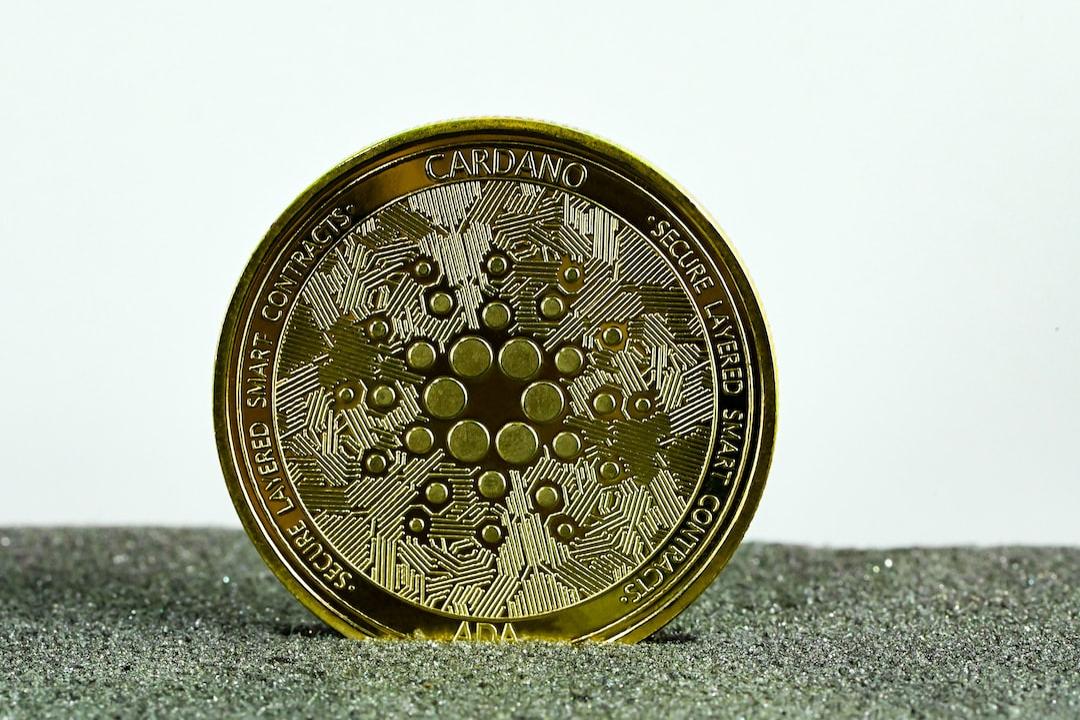Tascha Punyaneramitdee, the founder of INIT Capital, recently had an exclusive interview with Matt Zahab from the Cryptonews Podcast. They discussed various topics including liquidity hooks, point farming, and the future trends of the crypto industry in 2024.
Punyaneramitdee explained that INIT is like a plug-in for liquidity in the decentralized finance (DeFi) market. DeFi is currently fragmented with many different types of decentralized applications (dapps) and use cases. INIT aims to unify the DeFi space by providing a platform for all protocols to hook onto its liquidity. This modular and composable technology allows protocols to easily access and use liquidity for their specific purposes. It benefits both end users and businesses/operators of DeFi protocols.
Creating a long-lasting DeFi product is more challenging now than it was a few years ago, according to Punyaneramitdee. Users’ demands and needs have evolved over time, requiring multiple use cases such as point farming, staking, and restaking. The challenge for DeFi protocols is to fulfill these demands while staying true to their core product. They need to adapt and evolve with changing demands without compromising their primary function. It’s crucial to capture novel points through listing, integration, and composability with other protocols. At the same time, protocol safety must be prioritized.
Point farming, which involves completing tasks or actions on a blockchain to earn rewards, has gained popularity in recent times. Punyaneramitdee acknowledged that there are pros and cons to point farming. It helps distribute opportunities and grow protocols and communities. It also lowers the entry barrier and establishes a clear relationship between protocols and users. However, it’s essential to have an endpoint and consider where the liquidity from point farming will eventually end up.
Punyaneramitdee also shared her thoughts on other trends in the industry. She believes that the Decentralized Physical Infrastructure Network (DePIN) is still in its early stages and may be more of a phase than a sustainable sector. Similarly, the Bitcoin Layer 2 (L2) ecosystem is still in its early phase and requires more dedicated building by engineers.
In the interview, Punyaneramitdee also discussed her background in economics, traditional finance, and product management before getting into blockchain. She talked about her experience working for Tencent and founding the DeFi project Stella, which led to the creation of INIT. She emphasized the importance of better liquidity management in the industry and the need for innovative architecture in DeFi. She also highlighted point farming as one of the hottest trends in crypto and shared her insights on the future trends of the industry in 2024, including RWA, Bitcoin L2s, DePIN, and memes.
You can watch the full interview on the Cryptonews Podcast.


